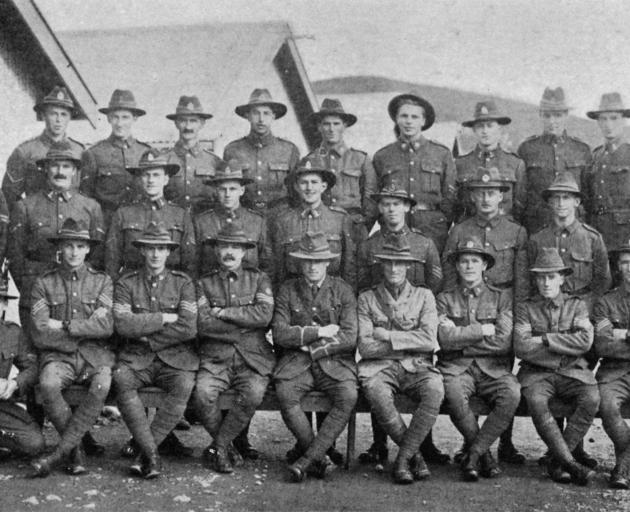
Last week, after erroneously stating that the report of a speech at a temperance meeting had been ``curtly dismissed in a brief paragraph in the Dunedin papers'', it proceeded to say: ``But, alas! the daily newspaper today is confessedly a commercial undertaking, and gives prominence to that which pays best, and the drink traffic is a liberal paymaster.'' The implication was obvious, namely, that the speech was inadequately reported because the daily newspapers would otherwise have incurred the disfavour or resentment of ``the trade'', which, the Outlook tells us, ``is a liberal paymaster''. It was as grotesque as it was obvious.
The Outlook makes no attempt to justify its statement. It was, of course, beyond its power to do so. It feebly asserts that we read into its comment far more than it was intended to convey. We placed upon the comment the only construction which it could reasonably bear. As the Outlook now declares that it did not mean what it said, it should, as an honourable journal, have unreservedly withdrawn its statement, with the offensive innuendo that it carried. Instead of doing this, it says that its purpose was to ``criticise the condition into which a commercialised journalism has undeniably drifted'', a condition under which ``there is and must be a continual clash between the commercial and the editorial sides of the paper''. If this be so, it is unfortunate that its original statement which we called in question was particular, not merely general, in its application.
We confess that we do not know how a paper, any more than any other enterprise, which is carried on at great expense, can be expected to exist without revenue, without, if the Outlook chooses the expression, being ``commercialised''. It never has done so. It never will do so. We are equally ignorant of the existence of the ``continual clash between the commercial and editorial sides of the paper''. Although the Outlook is itself ``commercialised'', the picture it has drawn of the conflict of opposing forces within a newspaper office seems to us to be as imaginary as its original picture of the daily newspapers in Dunedin deterred by their subjection to ``the trade'' from giving adequate reports of temperance meetings.
Soldiers' burials
``It may be some comfort to relatives of men killed in action to know that, without exception, the mortal remains of their loved ones are laid in their last resting place with reverent hands, and the burial service is read by one or another of the chaplains,'' said Chaplain-major Hawkins, in the course of an address at Auckland last week.
``The work is in the hands of a huge organisation known as the Graves Commission, and a regular procedure is followed in every case. The body is brought to the dressing station, where the man's pay book and personal papers are removed and particulars of his name, unit, and religion are pinned on the clothing.
The body is then taken to a place set apart as a morgue, and from there to the cemetery. These cemeteries are beautifully kept. The day after the burial a cross is erected over the grave, bearing the soldier's name and unit. Two copies of all essential particulars regarding the dead soldier are made, one being sent to the Graves Commission, and the other to the Army Headquarters.''
'Good' mothers?
``It would be interesting and pitiful,'' states the annual report of the Order of the Good Shepherd, ``to know how many children are boarded out, not by the State through neglect, but by so-called good mothers, who have not time or inclination, or often find work more satisfactory than caring for their own children.''
Women gardeners
Some time ago (says our Wellington correspondent) the Women's National Reserve suggested that women might be employed as gardeners, and the Reserves Committee decided to give the suggestion a trial. In consequence two women were engaged and are now to be attired in sensible working costumes, weeding, hoeing, and performing all the lighter duties of gardeners. They appear to be earnest in their work and desirous of giving satisfaction. - ODT, 18.7.1917.












